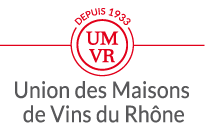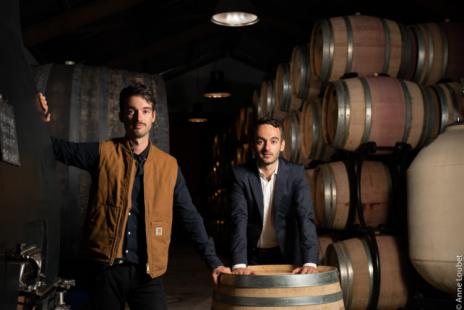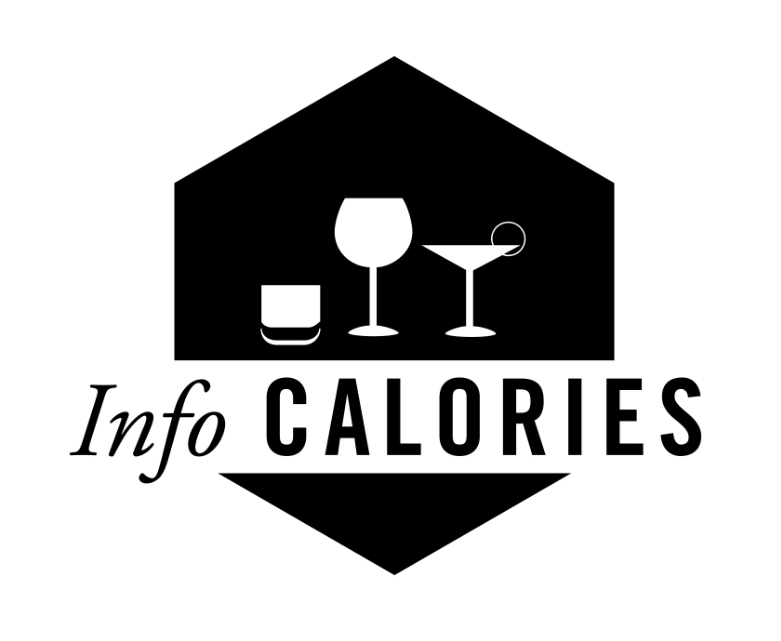What makes a good négociant?
The many sides of a négociant

A négociant is traditionally someone who buys grapes, musts or wine and processes them in some way to sell under their own name. The term ‘négociant’ has come to cover a multitude of different functions, with one very important factor in common: all négociants promote and sell Rhône Valley wines to an increasingly knowledgeable and demanding customer base.
The négociant vinificateur, or négociant winemaker:
Négociant vinificateurs get involved at the earliest stages of the winemaking process. They buy their grapes directly from the growers, and make them into wine which they then sell.
A négociant vinificateur can also make wine on behalf of other producers, either
- As a specific service offered by the company; or
- By hiring out their winemaking facilities.
The négociant vracqueur, or bulk négociant
Bulk négociants buy, store, blend and then sell wines in bulk. Their position within the industry gives them the perfect opportunity to nurture close relationships with cooperative wineries, from where they can ship their wines, in bulk, to their customers. These customers are often wholesale distributors in France and Europe.
The négociant éleveur et embouteilleur, or maturer and bottler.
These have a role to play at both ends of the winemaking spectrum.
They carefully select raw wines from their chosen producers, who can be private or cooperative wineries, or even other négociants. The wines are then matured – aged and/or blended – and packaged, often in the company’s own cellars, then shipped for sale.
The négociant éleveur/embouteilleur’s work may take them right back to the vineyard, where their technical team, usually made up of agricultural and winemaking experts, works closely with producers. They tend to focus primarily on the export market, selling their wines under their own brand names.
The négociant producteur, or négociant producer
The négociant producteur has a hand in every aspect of the winemaking process: growing grapes (to a greater or lesser extent, depending on need), making the wine, then maturing and bottling it.
The vast majority of Rhône Valley négociants fall into this category, and their number is steadily increasing; the main reason is that having their own production capability gives them control over supplies, both in quality and quantity.






